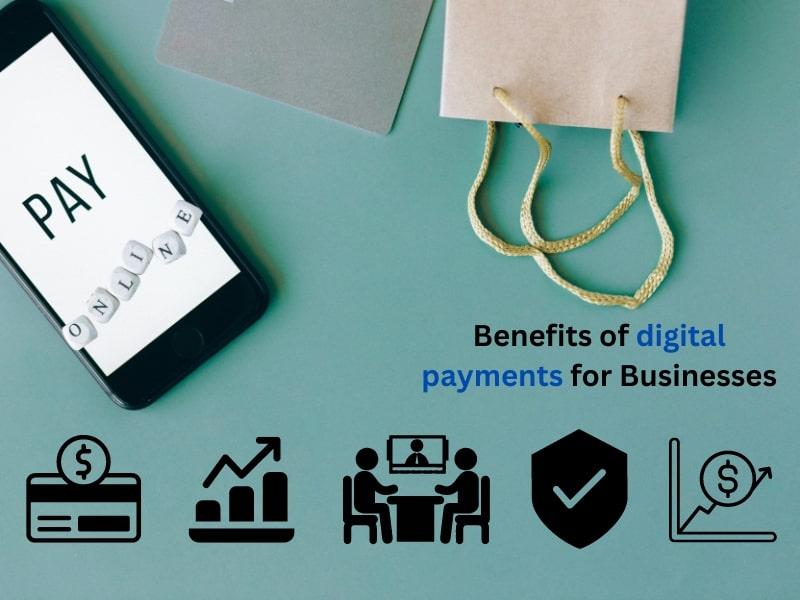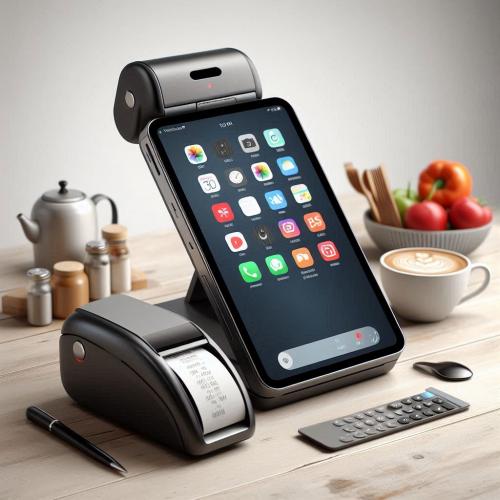Demystifying payment processing: a deep exploration

A seemingly commonplace business element, payment processing is vital in streamlining operations that lead to customer satisfaction.
While payment processing as a fundamental part of commercial transactions is not a novel concept, the modern digital-first economy has added new flavours to it. From small local shops to global enterprises, every business entity is trying to optimise its payment processing system to reap the benefits of quicker checkout, faster settlement, and a secure virtual environment for completing financial transactions.
This blog offers an in-depth review of payment processing, delving into the fundamental processes and staying up-to-date with the latest trends and best practices. We'll also highlight top payment processors and providers, from seasoned organisations like PayPal and Stripe to emerging players like Wonderful. The object is to assist you in making well-informed choices for your business.
What is payment processing?
The sequence of procedures necessary to finalise a transaction between a merchant and a consumer is referred to as payment processing. Though it entails multiple entities, including the merchant, customer, acquiring bank, and issuing bank, the payment processor is the most critical entity in this process. The payment processor functions as a mediator, with the crucial task of transferring funds safely and efficiently.
How does it work?
Customers commonly start the payment processing route by swiping a card, submitting card information online, or scanning a QR code. The payment processor then sends the payment details to the acquiring bank, which, in turn, sends them to the issuing bank for approval. Authorised money is then transferred to the merchant's account to complete the transaction. Advanced technology-driven financial systems efficiently execute this procedure in seconds.
Significance of payment processing
Modern payment processing systems have gone beyond the basic mechanisms of transferring funds. They help in various other functions to streamline operations and enhance customer satisfaction. You can get the following benefits from a new-age payment processor:
● Reliability: Ensures consistent and error-free transactions, thereby minimising the likelihood of payment failures that can impede business operations and frustrate customers.
● Security: Implements encryption and fraud detection mechanisms to safeguard against data breaches and financial losses, thereby safeguarding sensitive consumer information.
● Customer experience: Improves customer satisfaction by offering transactions that are both efficient and seamless, which can result in increased loyalty and repeat business.
● Operational efficiency: Automates invoicing, reconciling, and reporting, allowing employees to concentrate on customer service and revenue-generating tasks.
● Fraud reduction: Utilises sophisticated security features to mitigate the risk of fraudulent transactions, thereby safeguarding both the business and its customers.
● Compliance: Facilitates the adherence of businesses to industry standards and financial regulations, thereby preventing the occurrence of potential legal complications and penalties.
● Scalability: Facilitates the expansion of the business by accommodating increased transaction volumes and integrating with new payment methods.
What are the different types of payment processors?
The evolving retail landscape has opened the doors for different types of payment processors that cater to various needs of organisations. Here are the most widely used ones:
Retail POS systems
Retail POS systems are essential in brick-and-mortar stores. These payment processing systems seamlessly combine hardware and software to manage sales transactions in physical locations. Retail POS systems accept cash, credit/debit cards, and mobile payments. These systems integrate payment processors for real-time transaction processing, transferring funds from customers to merchants swiftly.
Businesses looking for comprehensive payment solutions benefit greatly from retail POS systems. They frequently include inventory management, CRM, and sales reporting, making them useful for retail businesses.
Mobile POS systems
Mobile POS (mPOS) solutions are growing more popular among small enterprises, freelancers, and mobile vendors as mobile technology advances. Mobile POS can be implemented anywhere with an internet connection, unlike standard POS systems that require complex and cost-intensive hardware installations. All you need is a card reader or online processing system, like Wonderful's One App, to easily process payments through your smartphones or tablets.
MPOS systems allow businesses to accept payments online at pop-up shops, trade shows, and even customers' doorsteps. This improves business convenience and customer experience by giving more payment options.
QR code payments
QR code payments have grown, especially in countries that are migrating to mobile-based payment methods. Scanning a QR code with a smartphone takes customers to a payment website or app to complete the transaction. QR code payments are fast and secure because they don't require physical interaction.
Payment processors play a vital role in QR code payments. Encrypting and validating payment information before transferring funds ensures security. QR code payments can simplify checkout in high-volume enterprises like restaurants, retail stores, and event sites.
Exploring the top payment processors
From big organisations to startups and small businesses, every enterprise has its own unique requirements and challenges. Thus, it’s critical to scrutinise payment processors to find the perfect fit that meets your specific organisational needs. The following operators provide an extensive set of services at varying price points, thus catering to diverse business setups in the UK.
Wonderful
They offer a simple mobile POS system that supports QR code payments at affordable costs. Powered by the open banking system, Wonderful facilitates instant payment, quick settlement, and a secure environment for business transactions.
PayPal
PayPal is one of the most popular and secure payment processors for businesses that want to provide clients with a standard payment method. It allows online payments, invoicing, and recurring billing.
Stripe
The rich and customisable API of Stripe makes it a developer favourite. Subscription services, one-click payments, and international transactions are supported by its payment solutions.
GoCardless
It’s a much sought-after processor for firms requiring recurring billing, as it specialises in direct debit payments. GoCardless integrates with accounting software and has transparent pricing.
Flagship Merchant Services
Flagship merchant service offers credit card, smartphone, and eCommerce payment processing. Personalised service and flexible pricing are its hallmarks.
The road ahead
The payment processing market in the UK is expected to close the year at around $490 billion. With a projected CAGR of 11.6%, the market is estimated to be within touching distance of the $850 billion mark by 2029. Such an expanding business domain would naturally entail further technological advancements.
NFC-powered contactless payments are growing more common, allowing customers to make swift, touchless purchases. Blockchain technology could make payment processing more transparent and safe. Fraud detection with AI is another trend to watch. AI-powered systems can analyse massive volumes of data in real-time to detect suspicious activity and prevent fraud.
Staying ahead of these developments can help businesses meet client expectations and protect themselves from growing cyber threats.






Comments